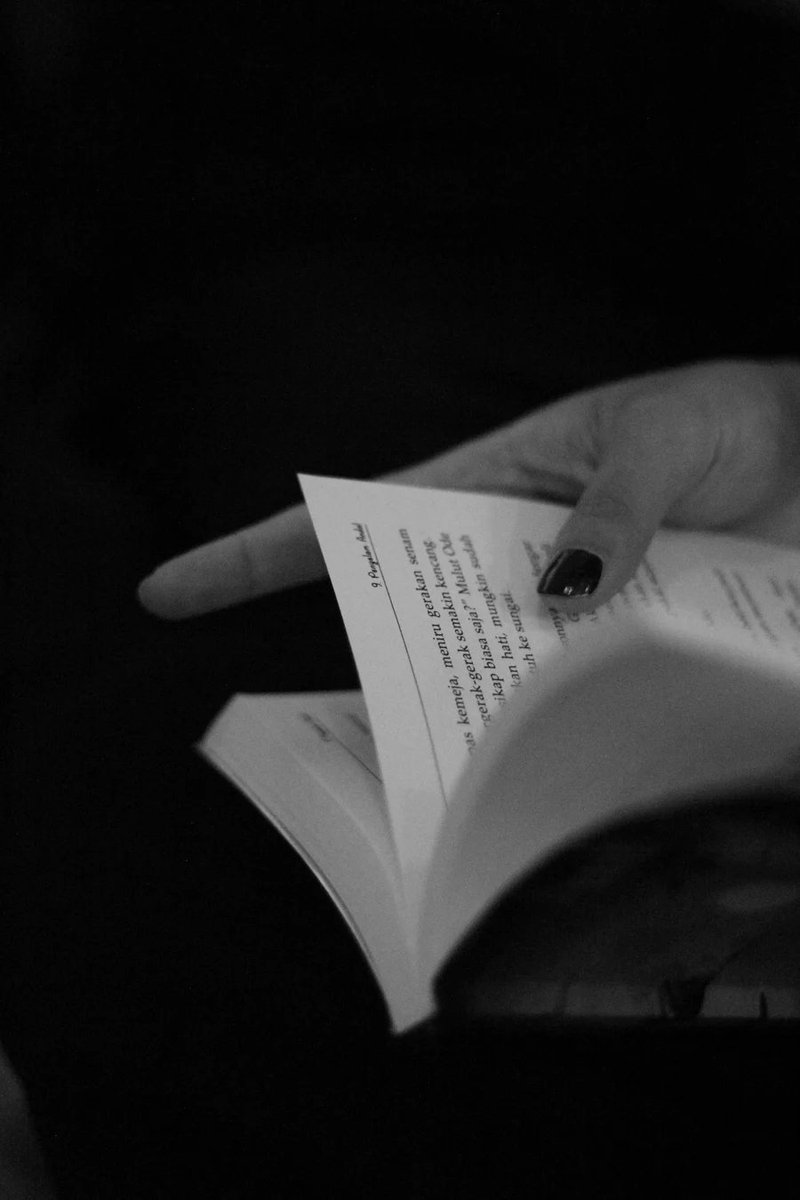
@RoamResearch has no scrollbars. And even if it did, it still doesn't solve the problem of digital content: it lacks intuitive guides built into the document to help our brains subconsciously (ideally by a tactile touch) orient around the document. #roamcult 

Paper books have these clues built-in: by touch alone, blindfolded, you can easily find out where you are in the book you are reading. It's easier to remember the location of a particular piece of information when you've literally "felt" the place at your fingertips.
I've been wondering whether it might be possible to bring back some of that skeumorphism to all these "flattened" apps. I was also inspired by an interview with @CatoMinor on @RoamFm (buzzsprout.com/1194506/8725030) and, incidentally, by @PlayDate's ingenious re-make of a game console.
So I experimentally created a super-simple '#progressback' tag in CSS for @RoamResearch, which makes the background of a block (including its children) as a transition from top to bottom from neutral to darker orange. Terrifying? Yes. But it surprisingly works for me. 

Check out the video to see what it looks like:
cln.sh/AiAAgKzYjKA2I4…
In other words:
1. the beginning of an article or book is the lightest, the end darkens.
2. when you read/edit/note, you always "feel" or "sense" roughly what part of the document you are in.
cln.sh/AiAAgKzYjKA2I4…
In other words:
1. the beginning of an article or book is the lightest, the end darkens.
2. when you read/edit/note, you always "feel" or "sense" roughly what part of the document you are in.
Here's the CSS:
.roam-block-container[data-page-links*='progressback'] {
background-image: linear-gradient(rgba(255,255,255), #FF9800DD);
}
.roam-block-container[data-page-links*='progressback'] {
background-image: linear-gradient(rgba(255,255,255), #FF9800DD);
}
PS: If you put the label at the beginning of the document with a period - e.g. #.progressback, the label will only be visible on mouseover, but otherwise everything will work the same.
PPS: the colors are consistent with the fact that I already use this color scheme for a different kind of progress tracking as explained here: lifehacky.net/simple-css-tri…. Of course it's up to you how you set them.
• • •
Missing some Tweet in this thread? You can try to
force a refresh



